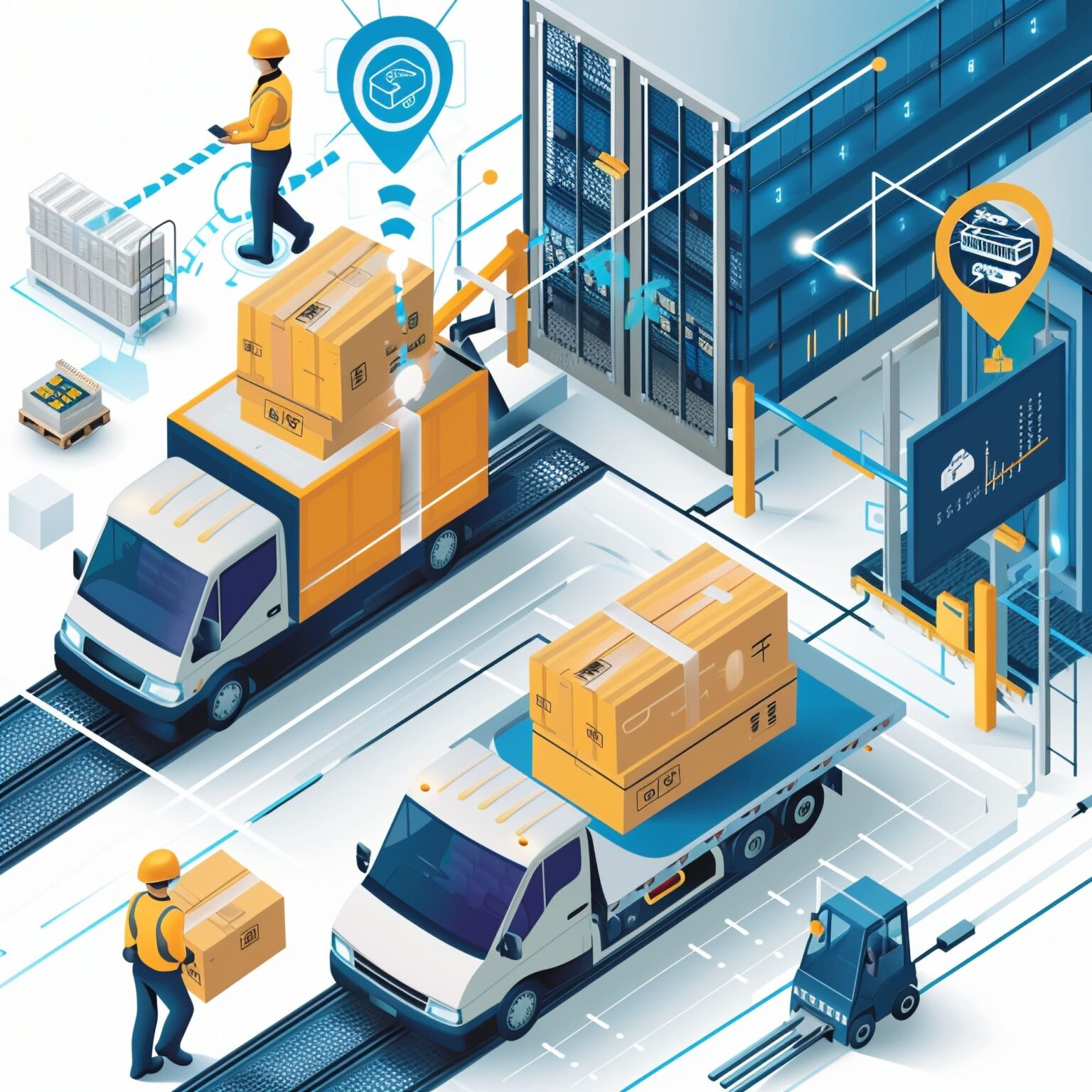The modern retail landscape is characterized by complexity, with supply chains spanning multiple geographies and involving numerous stakeholders. To navigate this complexity and stay competitive, retailers are increasingly turning to digital technologies to digitize their supply chains. By leveraging technology to improve visibility, efficiency, and resilience, retailers can enhance their operational capabilities and adapt to the ever-changing demands of the market. This article explores the benefits of digitizing the supply chain and the key technologies driving this transformation in retail operations.
Enhancing Visibility
- Real-time Tracking and Monitoring: Implementing tracking technologies such as RFID, GPS, and sensors allows retailers to monitor the movement of goods throughout the supply chain in real-time. This visibility enables proactive decision-making, reduces the risk of delays or disruptions, and enhances supply chain agility.
- Predictive Analytics: Leveraging data analytics and machine learning algorithms, retailers can analyze historical data and forecast future demand patterns with greater accuracy. Predictive analytics help optimize inventory levels, minimize stockouts, and reduce excess inventory, leading to improved supply chain efficiency and cost savings.
Improving Efficiency
- Automation and Robotics: Integrating automation and robotics into warehouse and distribution operations streamlines processes such as picking, packing, and sorting. Automated systems increase throughput, reduce labor costs, and minimize errors, resulting in faster order fulfillment and improved customer satisfaction.
- Blockchain Technology: Blockchain technology offers transparency, traceability, and security in supply chain transactions by creating an immutable ledger of transactions. Retailers can use blockchain to track the provenance of products, verify authenticity, and ensure compliance with regulatory requirements, enhancing trust and accountability across the supply chain.
Building Resilience
- Supplier Collaboration Platforms: Implementing supplier collaboration platforms facilitates communication and collaboration with suppliers, enabling better coordination of production schedules, inventory levels, and demand forecasts. Enhanced collaboration improves supply chain resilience by enabling rapid response to disruptions and changes in demand.
- Cloud-based Solutions: Cloud-based supply chain management systems provide scalability, flexibility, and accessibility, allowing retailers to adapt quickly to changing business needs. Cloud platforms enable real-time data sharing and collaboration across the supply chain ecosystem, enhancing resilience and agility.
Challenges and Considerations
- Integration Complexity: Integrating digital technologies into existing supply chain systems and processes can be complex and challenging. Retailers must carefully plan and execute integration initiatives to ensure seamless interoperability and data exchange.
- Data Security and Privacy: Collecting, storing, and sharing sensitive supply chain data raises concerns about data security and privacy. Retailers must implement robust security measures and compliance frameworks to protect against cyber threats and ensure regulatory compliance.
- Change Management: Embracing digital transformation requires cultural change and organizational alignment across the entire retail organization. Retailers must invest in change management initiatives and provide training and support to employees to facilitate adoption of new technologies and processes.
Conclusion
In conclusion, digitizing the supply chain offers retailers numerous benefits, including improved visibility, efficiency, and resilience. By leveraging technologies such as real-time tracking and monitoring, predictive analytics, automation, blockchain, and cloud-based solutions, retailers can optimize supply chain operations and better meet the needs of customers in today’s dynamic retail environment. While challenges such as integration complexity, data security, and change management may arise, retailers that embrace digital transformation will be better positioned to thrive in the increasingly competitive retail landscape.



